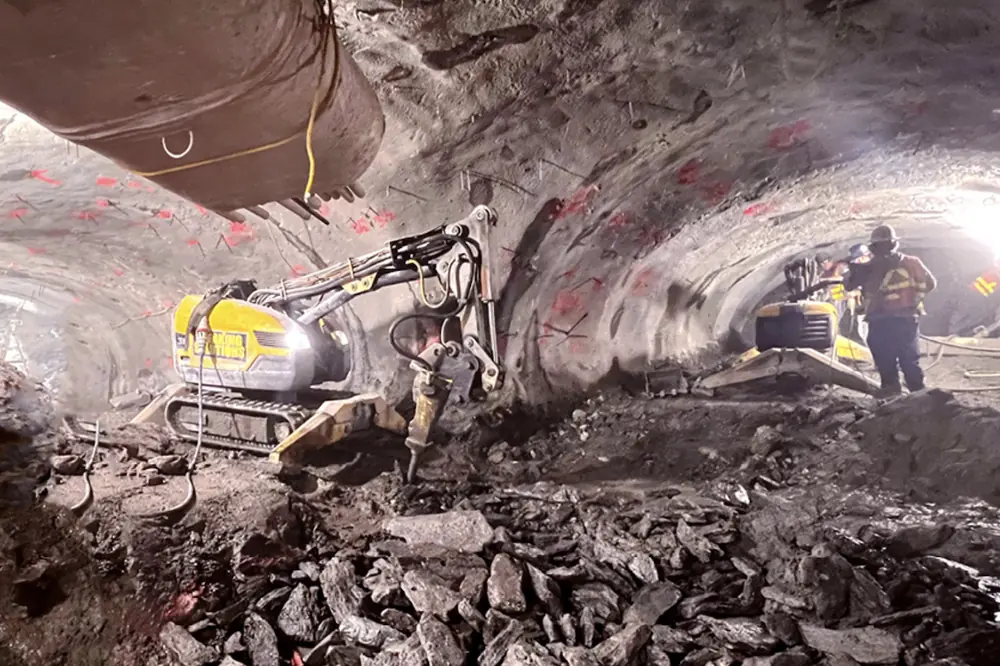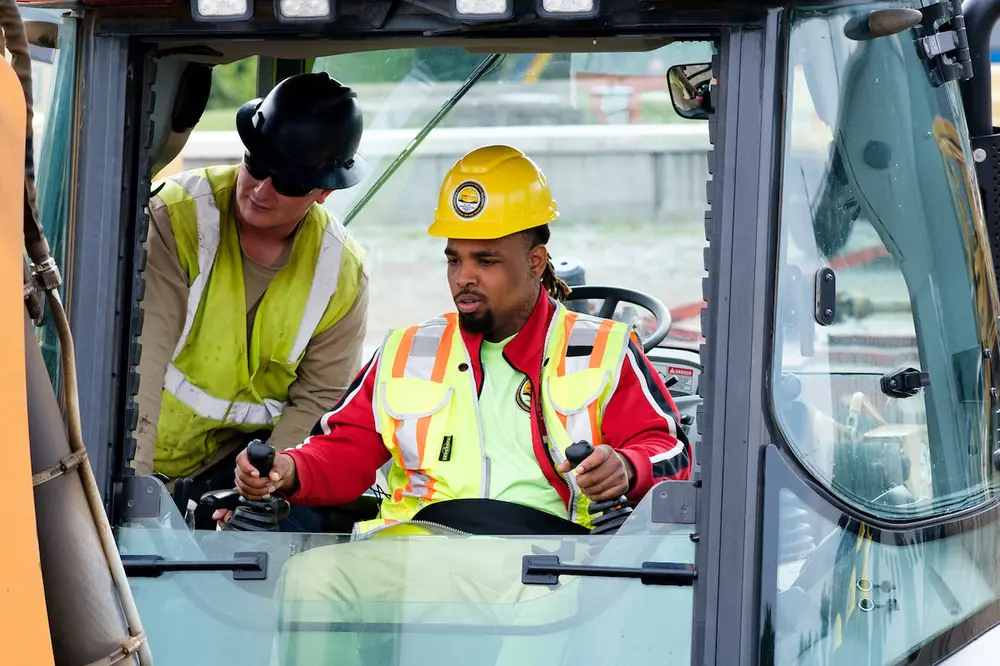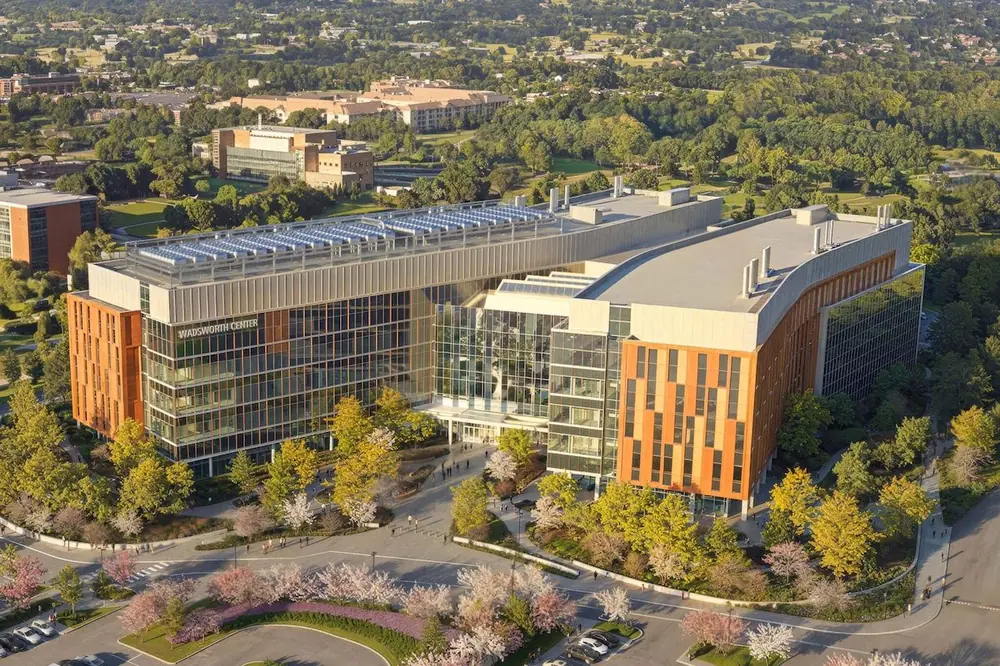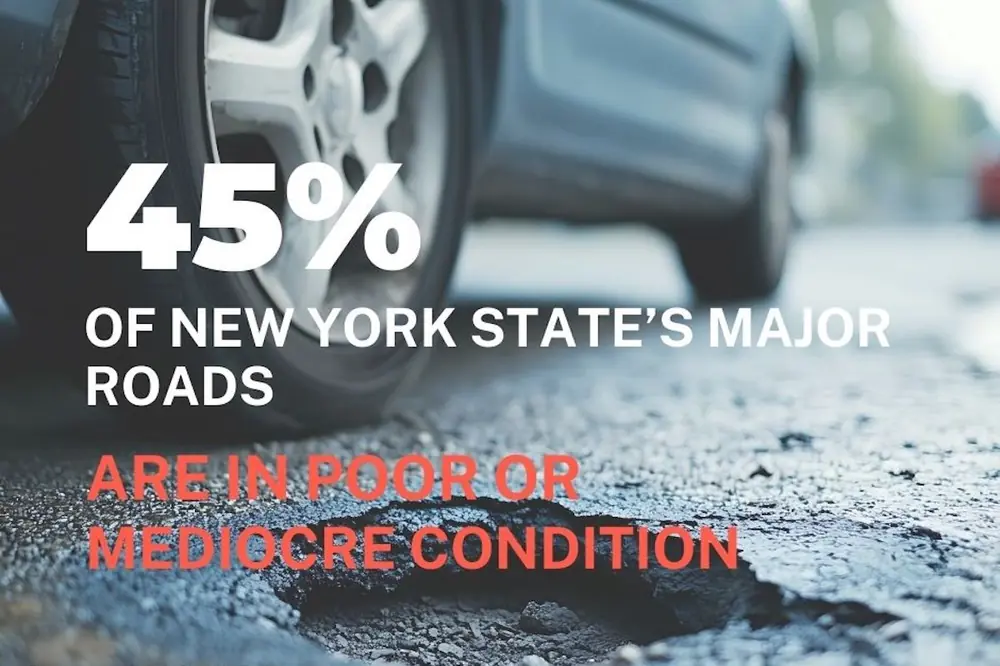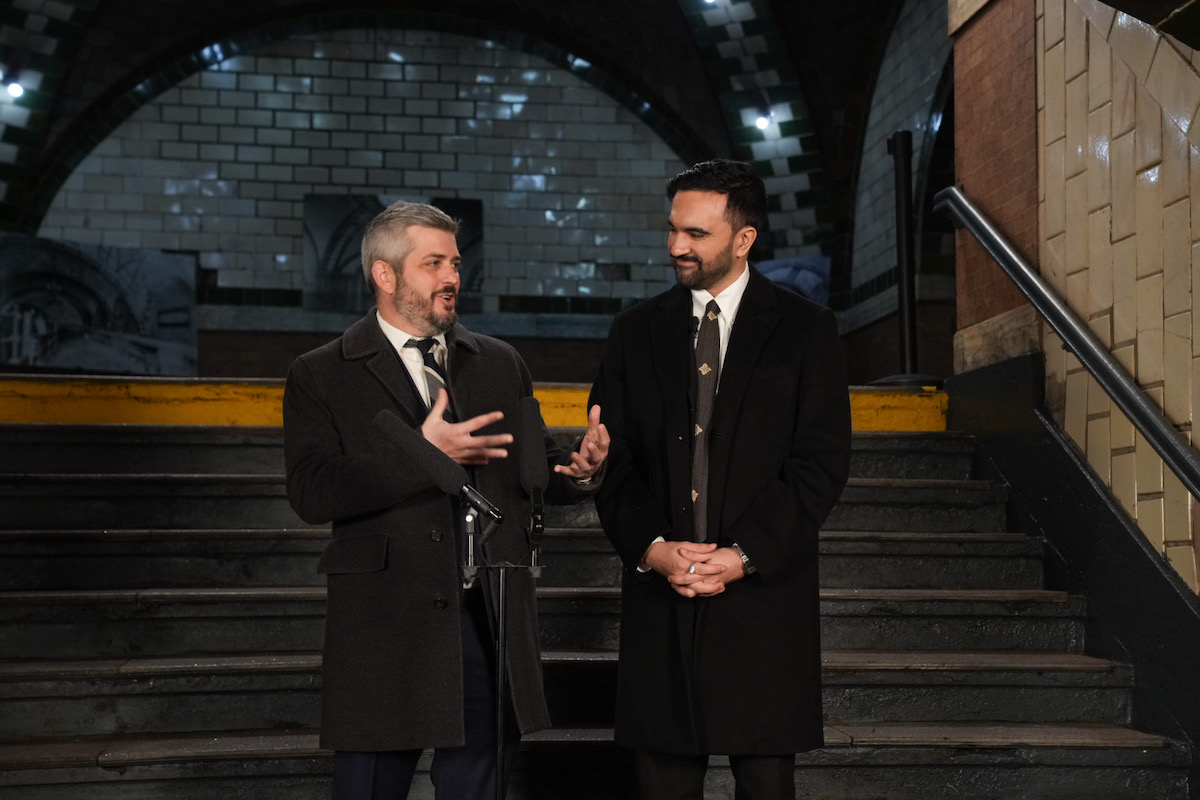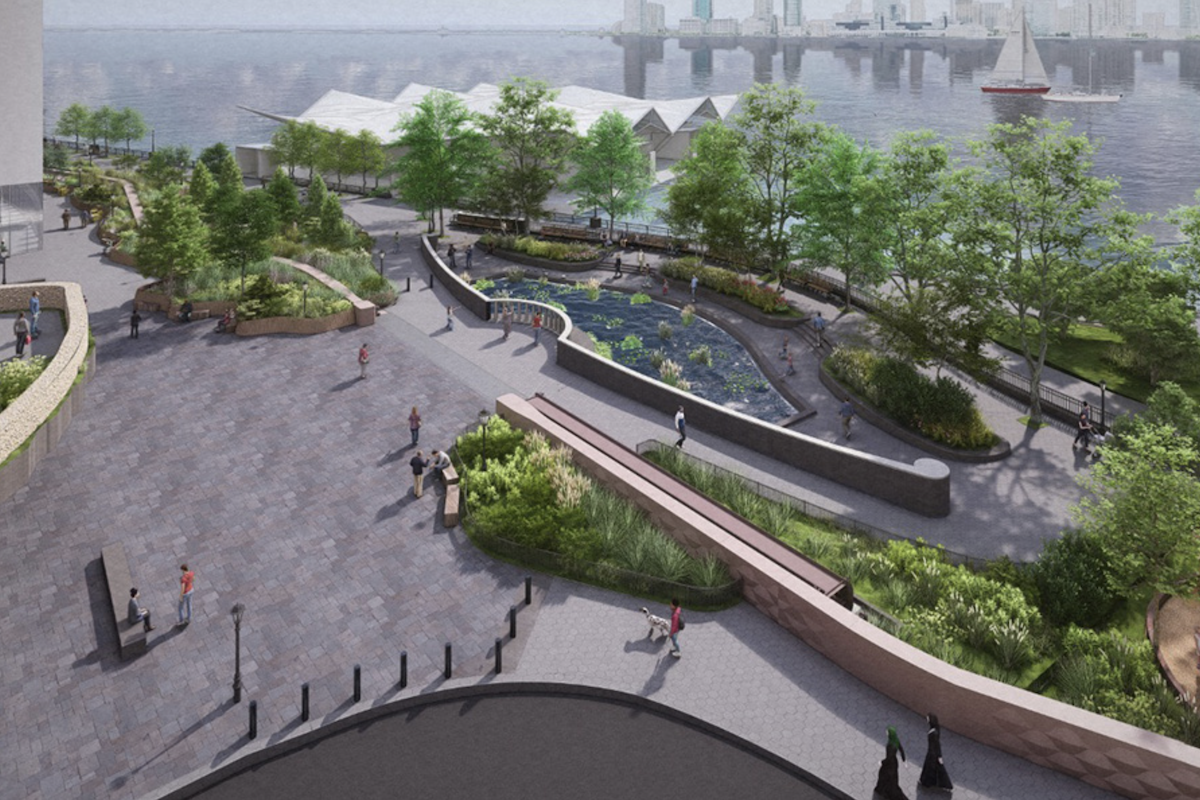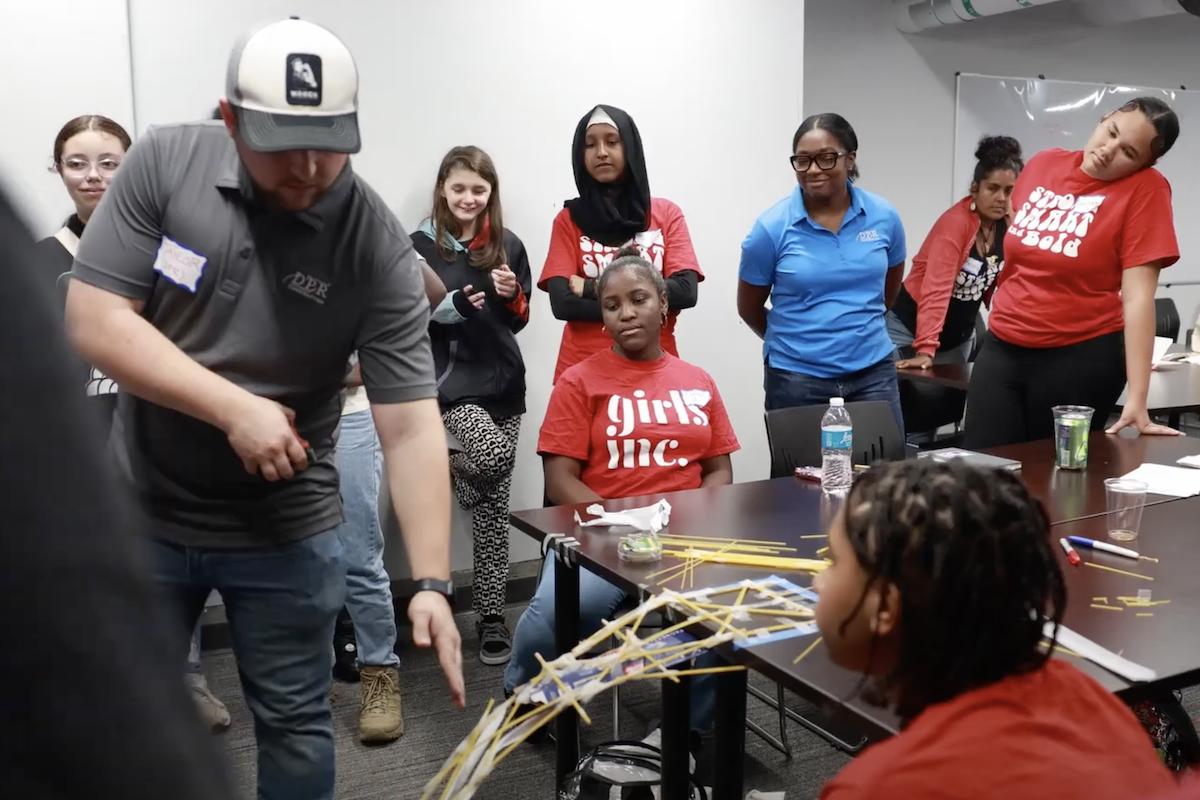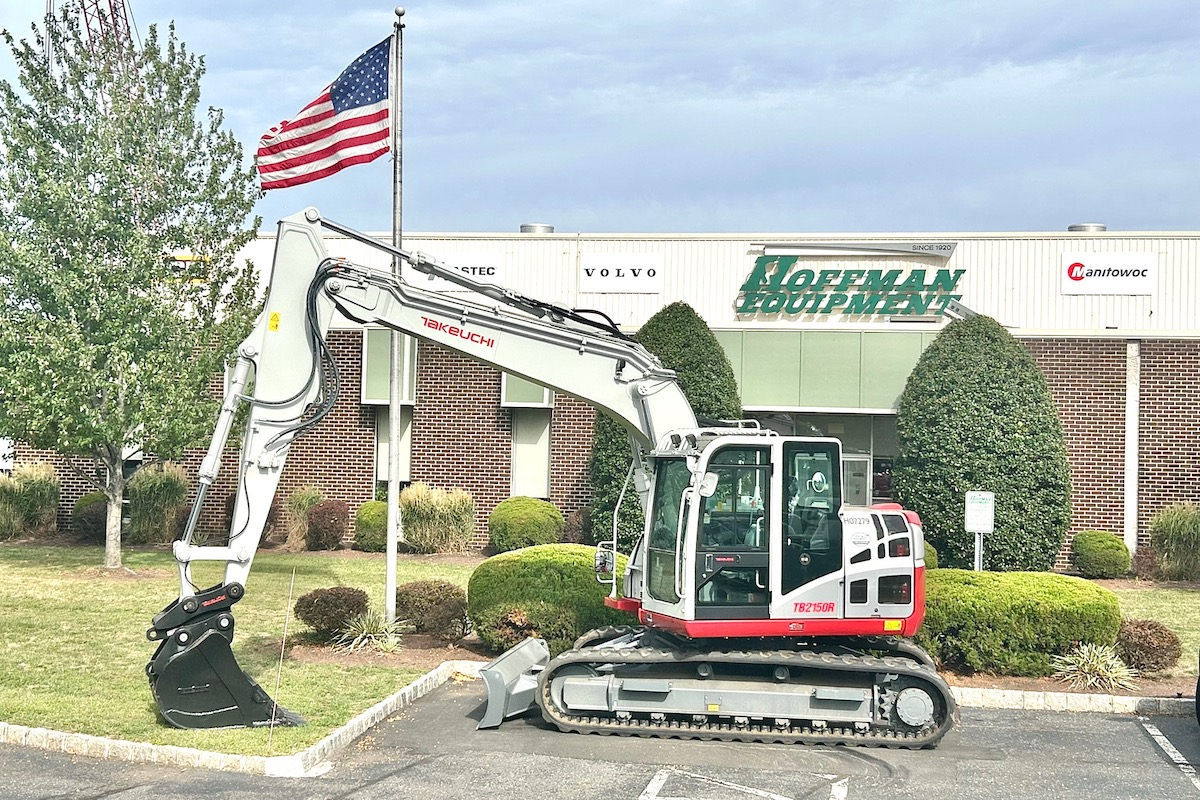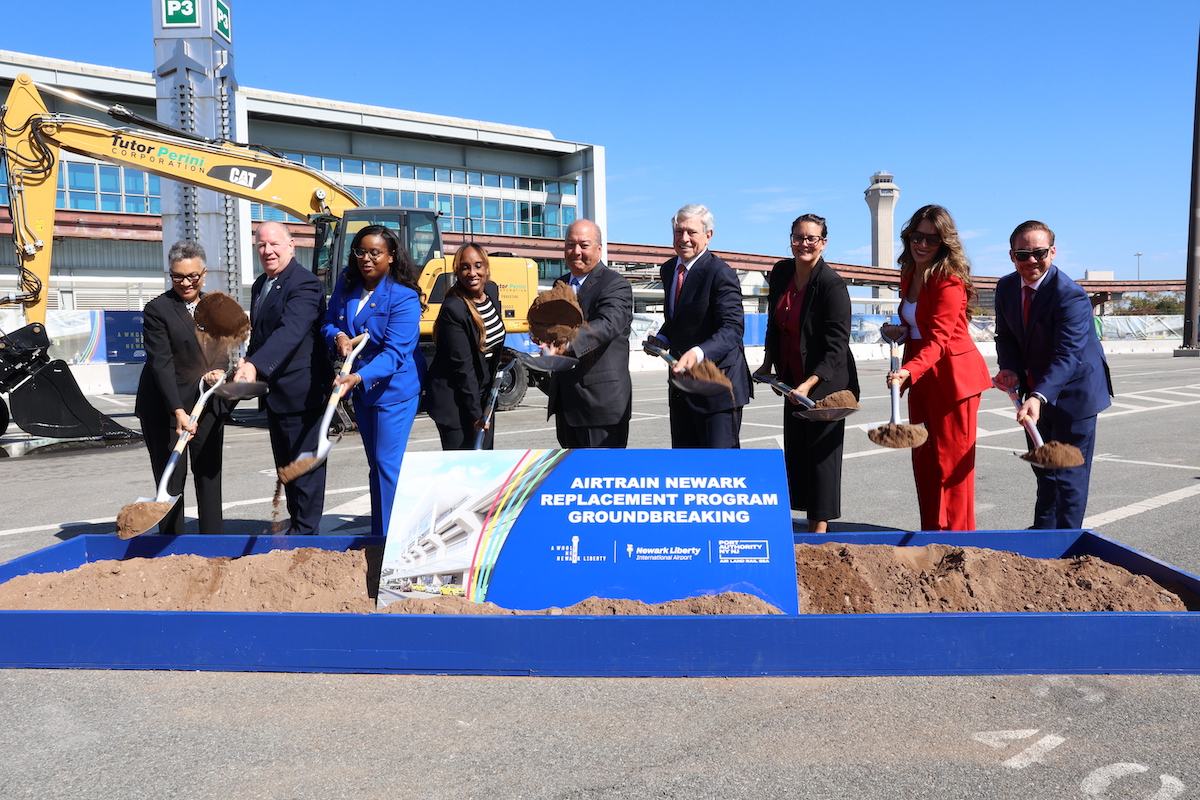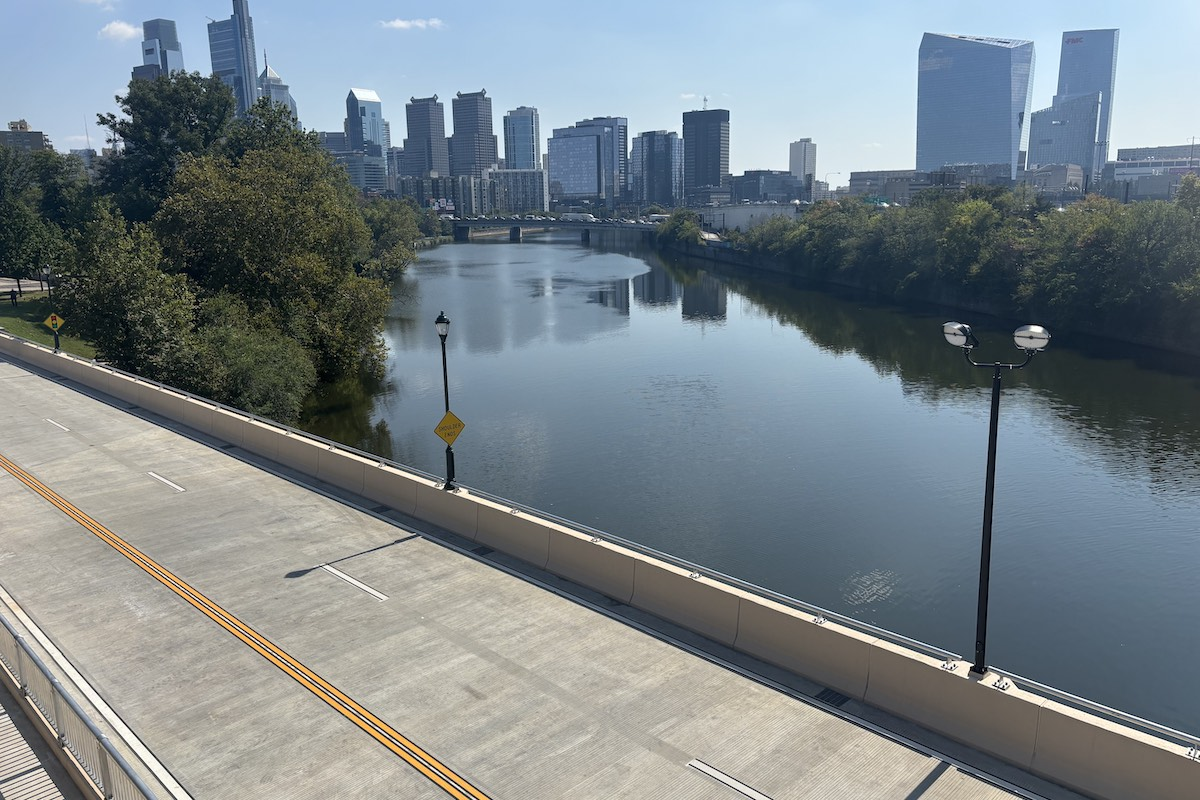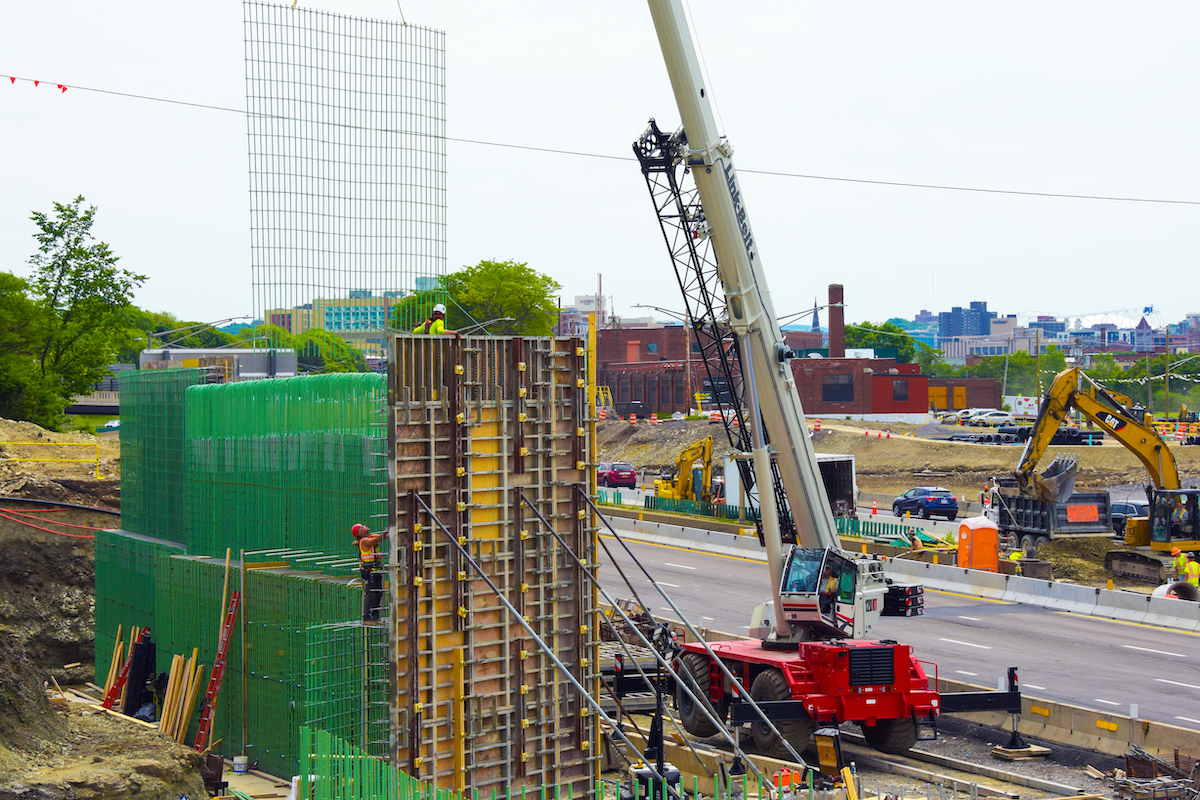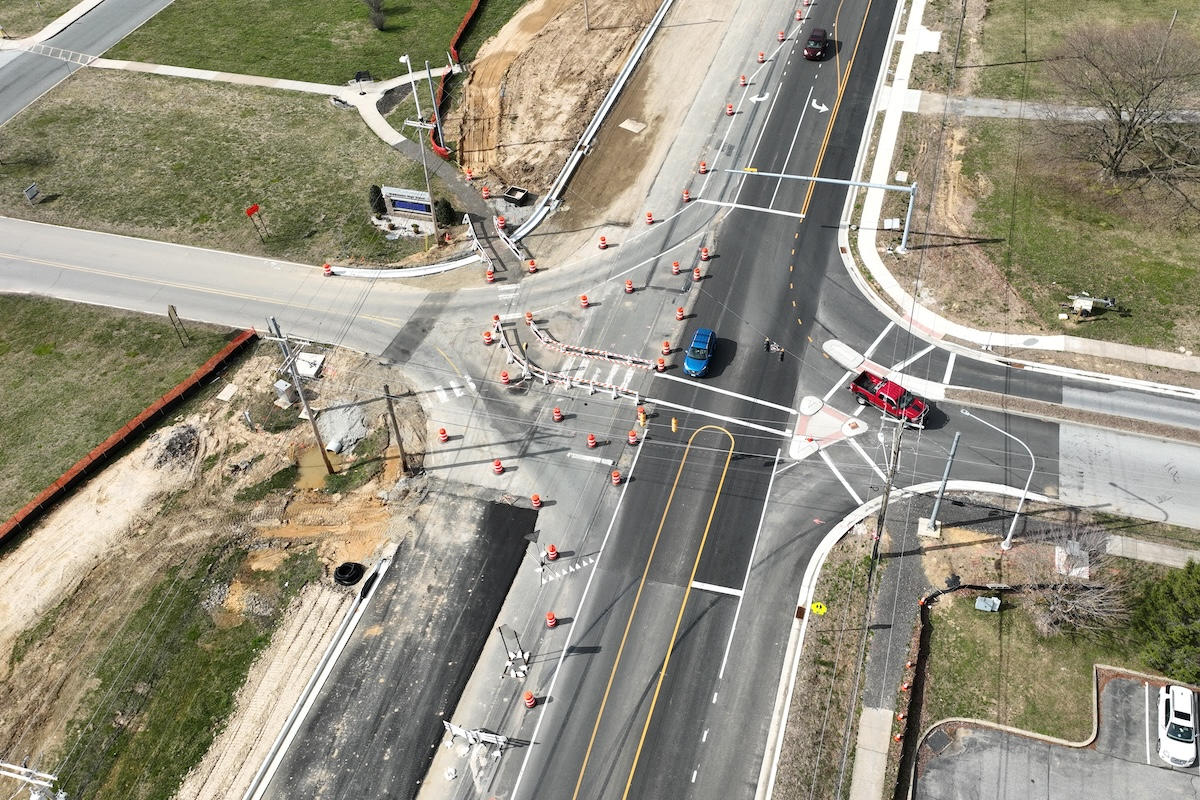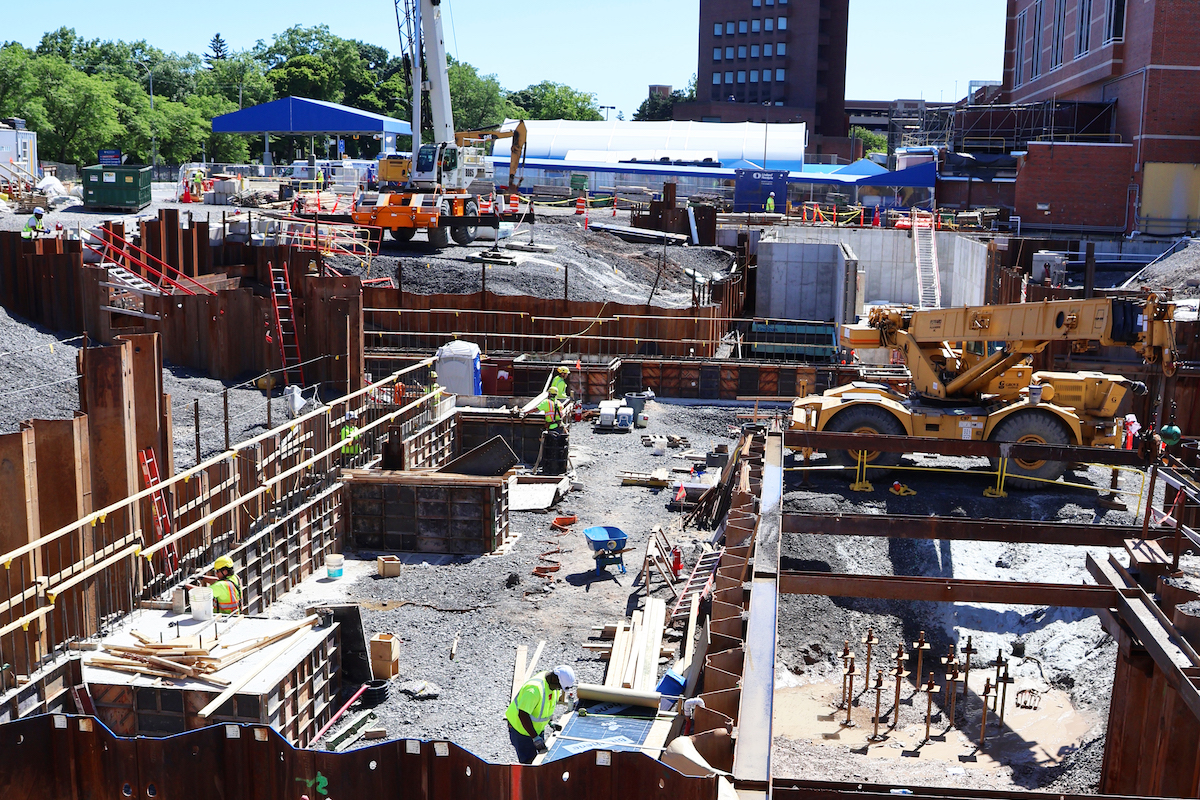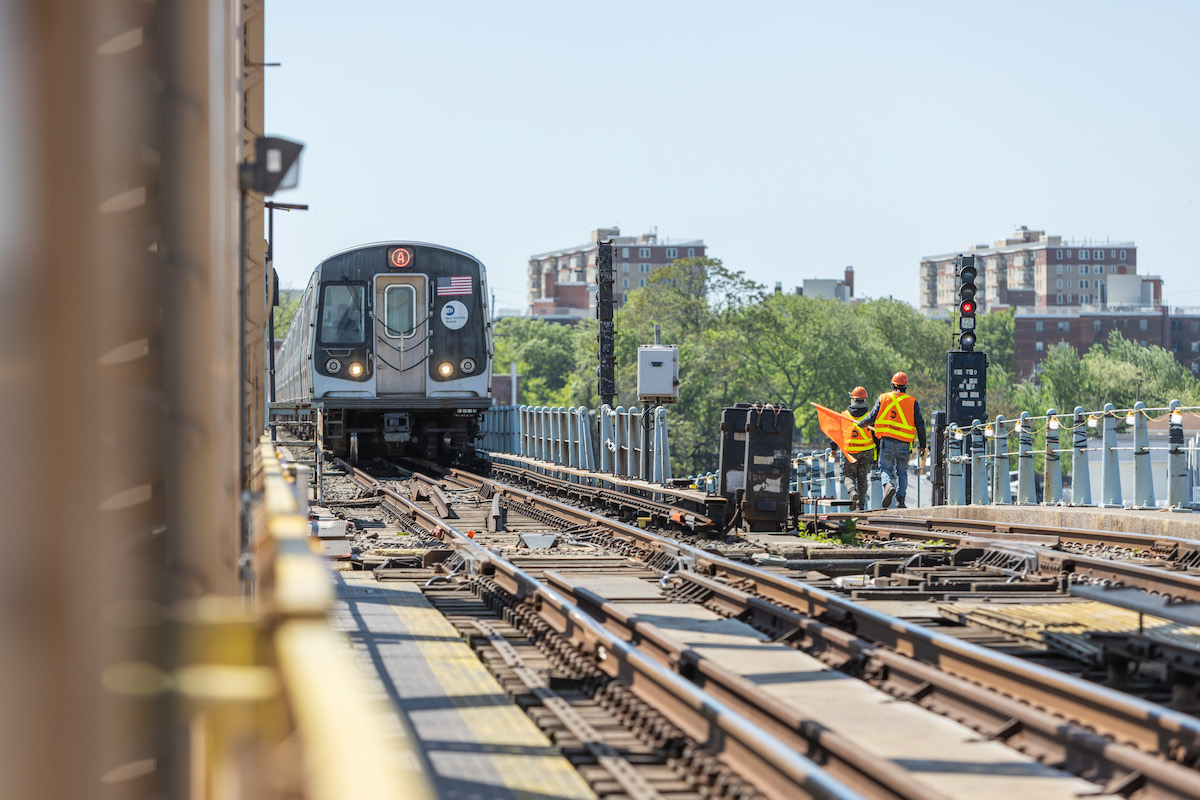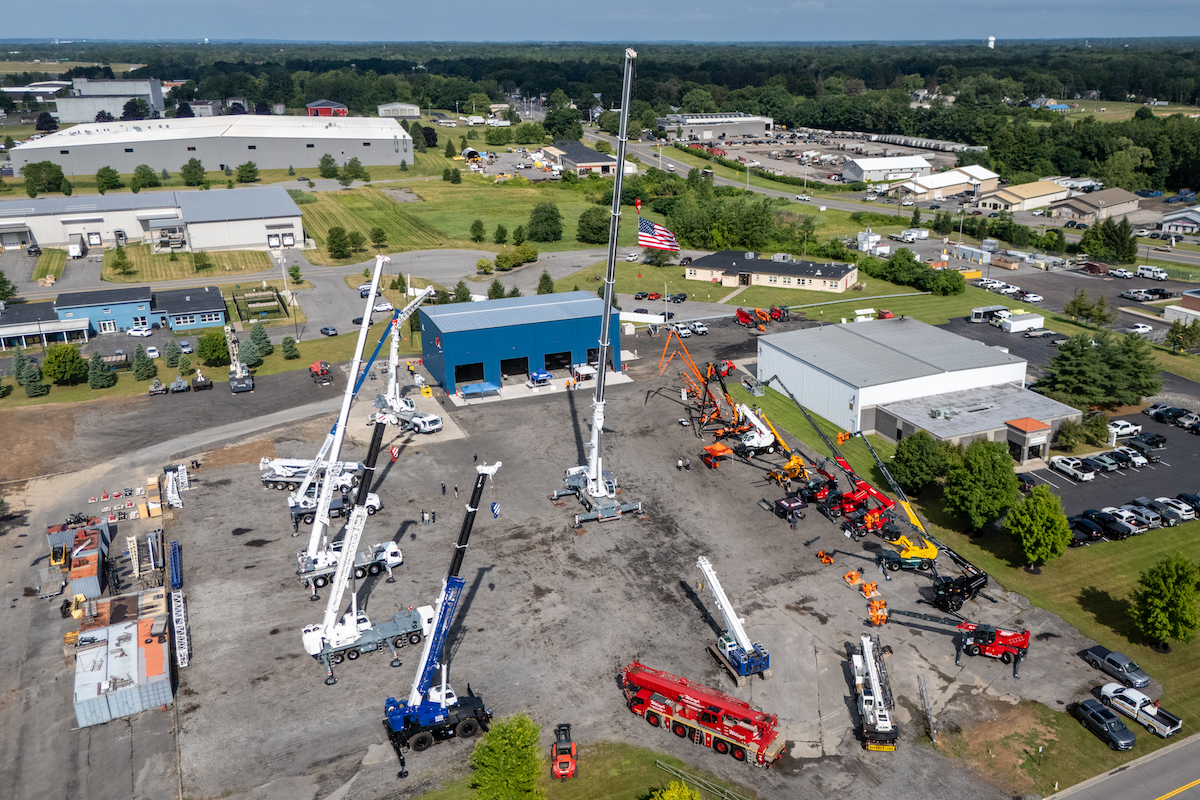In 2010, the Utah Department of Transportation (UDOT) began working on the Bangerter Highway, and now — nearly a decade and a half later — the end of the multi-project endeavor is in sight. The 24-mile six-lane Bangerter Highway runs west through Draper, Utah, before turning north and proceeding through western Salt Lake City, Utah. It terminates at the Salt Lake City International Airport.
The highway opened to traffic in 1998 after a decade of construction and two more decades of planning. It is one of the valley’s busiest north-south corridors, with an average daily traffic of 60,000. That number is expected to double by 2040 due to the growing municipalities in western Salt Lake City. Heavy commercial trucks make up approximately 20 percent of the traffic, and the percentage is expected to grow.
UDOT projects that delays would increase by four times by 2040 if they did not make major improvements on the Bangerter Highway. The department recognized the need to adjust years ago and began a series of projects in 2010. Currently, the team is working on four intersection projects.
Earlier this year, UDOT completed the State Environmental Study for the remaining intersections. Funds have been secured for the next four intersections, which are set to begin in 2027. They are working on securing funds for the final batch.
When originally constructed, the Bangerter Highway design included traditional intersections and traffic signals. The current Bangerter construction includes two projects, one at 4700 South and the other, Bangerter South Project, which is converting the intersections at 9800 South, 13400 South, and 2700 West. These projects are installing grade-separated freeway-style interchanges that allow one street to pass over or under the other and removing the traffic signals, which optimizes traffic flow and safety.

| Your local Trimble Construction Division dealer |
|---|
| SITECH Allegheny |
| SITECH Northeast |
| SITECH Allegheny |
| SITECH Northeast |
According to UDOT’s website, “By removing traffic signals and creating fewer interruptions, traffic will move more freely and at speeds that are more consistent in all directions.” Once the traditional intersections are removed, from Draper to the airport, it will eliminate approximately 30 minutes of stop-and-go traffic for those traveling the length of the highway.
The team is working on constructing multiple freeway-style interchanges, which must meet clearance from cross streets for trucks and other traffic to pass under. There will be new overpasses, underpasses, and off-ramps constructed as part of these new interchanges. The height difference between the highway ranges 22 to 24 feet above the cross street. The longest span is 250 feet, but the figure increases to half a mile when measuring to touch down.
Besides increasing mobility, the projects will also improve safety. “Eliminating the traditional intersections will improve safety dramatically since the majority of accidents are rear-end or T-bone accidents,” said Marwan Farah, UDOT Project Manager.
Farah has overseen each Bangerter Highway project from its inception to conclusion, including the contractor selection and design. He noted that in those earlier project areas, safety and performance have met department expectations.

| Your local Trimble Construction Division dealer |
|---|
| SITECH Allegheny |
| SITECH Northeast |
| SITECH Allegheny |
| SITECH Northeast |
“By eliminating the signals from mainline Bangerter traffic, we have improved on the mobility of the cross-street traffic,” Farah said. “The cross-street traffic doesn’t have to stop for Bangerter mainline traffic.”
As part of the project, the state had to manage right of way impacts for each of the intersections. “State policies and procedures with right of way and eminent domain had to be exercised,” Farah said. “The projects impact an adjacent utility corridor, which we identified early in the process. We met with the utility companies and progressed the project as planned.”
For those interchanges where Bangerter Highway will go under, the utilities in the area needed to be rerouted around the interchange, which takes an incredible amount of coordination and planning.
Farah describes these four projects as “short-term pain for long-term gain.”

| Your local Trimble Construction Division dealer |
|---|
| SITECH Allegheny |
| SITECH Northeast |
| SITECH Allegheny |
| SITECH Northeast |
“During construction, it’s painful for commuters who are inconvenienced,” he said. “However, they will experience better commute times when the project is completed, and we [UDOT] don’t expect to have to touch the road until 2050.”
During construction, two lanes of the Bangerter Highway have remained open. Each of the intersections is having lengthy east/west closures except for 2700 West. It will have lane and turn restrictions, but there will not be a full closure like the other intersections.
The UDOT team has been in regular communication with the stakeholders and has communicated their movements from the beginning. “We did lots of coordination with traffic engineers, and they ran models,” Farah said. “We determined the contractor requirements based on feasibility and constructability.”
Due to budgeting and the relocation of the Jordan Valley Aqueduct (JVA), the 4700 South Bangerter Highway project began before the other three intersections. The JVA is a large 66-inch cement-lined steel aqueduct that supplies water to half a million people near the intersection.

| Your local Trimble Construction Division dealer |
|---|
| SITECH Allegheny |
| SITECH Northeast |
| SITECH Allegheny |
| SITECH Northeast |
The team had to relocate the aqueduct and minimize the impact/time when service would be interrupted. Due to the long-lead time needed to fabricate the new pipe and strict shut-down timing of the exiting aqueduct, it was critical to start the 4700 South intersection before the other intersections.
UDOT has emphasized material recycling during the Bangerter Highway project, as the department is recycling old concrete on site to help build the highway’s new interchanges. They estimate that 15,000 cubic yards of concrete were recycled in this effort.
Another green touch is the contractor using an onsite storage facility to reduce hauling trips. Crews are utilizing empty space between Mountain View Corridor, a nearby UDOT highway.
“Activities at this site could include material hauling and storage, recycled concrete crushing operations, machinery storage, and other construction needs as necessary,” according to UDOT’s website. “This storage site will be in place for the duration of the Bangerter project, which is anticipated to be completed by the end of 2025.”

| Your local Trimble Construction Division dealer |
|---|
| SITECH Allegheny |
| SITECH Northeast |
| SITECH Allegheny |
| SITECH Northeast |
“As a department, we allow for asphalt pavement to be recycled and 50 percent of what is melted off is incorporated into new material,” Farah said. He noted that concrete is more challenging to recycle.
“On these projects, we’ve recycled over 45,000 cubic yards of concrete,” he said. “Not only do we eliminate the need for more materials, but we remove the need to haul it to a landfill.”
There is a crusher at two of the work sites — Bangerter South and 4700 South. The proximity improves the team’s efficiency.
The general contractor on the design-build project is a joint venture of Ralph L. Wadsworth Construction and WW Clyde. Wadsworth and Clyde have been involved with the majority of the previous Bangerter Highway projects going back to 2010.

| Your local Trimble Construction Division dealer |
|---|
| SITECH Allegheny |
| SITECH Northeast |
| SITECH Allegheny |
| SITECH Northeast |
The general contractor proposals were scored on a 70 (price) and 30 (technical scoring) basis.
Farah said he is pleased with the joint venture that won the project. “They’re a qualified team that understands UDOT's goals,” he said. “They set up their approach and phased each interchange project depending upon the importance and priority of the department.”
As noted above, 4700 South Bangerter Highway began several months before the Bangerter South project because budgeting became available earlier and because of the aqueduct relocation. The construction budget for 4700 South is $114 million, while the construction budget for the other three projects is $217 million. Add in right of way, and the total budget for all four projects is $525 million.
The projects are state funded through Utah’s Statewide Transportation Improvement Program. Each of the cities that had intersections affected — West Valley, Taylorsville, South Jordan, Riverton, and Bluffdale — made a monetary contribution toward the construction of the intersections.

| Your local Trimble Construction Division dealer |
|---|
| SITECH Allegheny |
| SITECH Northeast |
| SITECH Allegheny |
| SITECH Northeast |
Farah noted that the projects are currently on budget. He credits good weather as a significant factor. “We can get snow early in the season in this part of the country, and it means an early stoppage of outdoor construction,” he said.
The first project began in fall 2023, and all four are scheduled to be completed in fall 2025. Currently, the Bangerter Highway projects are on schedule.
The Bangerter Highway is a critical north-south corridor for both the western and southern Salt Lake valley. Currently, there is significant congestion in all directions for drivers using Bangerter Highway. The situation would only worsen if the current conditions persisted. When the Bangerter Highway projects are complete, commuters will have better mobility and increased safety.
- Owner: Utah Department of Transportation
- General Contractor: Ralph L. Wadsworth Construction, Draper, Utah; WW Clyde, Orem, Utah
- Designers: Michael Baker International, Pittsburgh, Pennsylvania; H.W. Lochner Inc., Chicago, Illinois; Psomas, Los Angeles, California; Terracon Consultants, Olathe, Kansas
- Engineers: Program Management, Tulsa, Oklahoma: Horrocks Engineers, Pleasant Grove, Utah; HDR Engineering, Omaha, Nebraska; RB&G Engineering, Provo, Utah; Avenue Consultants, Taylorsville, Utah
- Other Key Contractors: Bowen Collins & Associates, Draper, Utah; Stanton Constructability Services, Salt Lake City, Utah

















